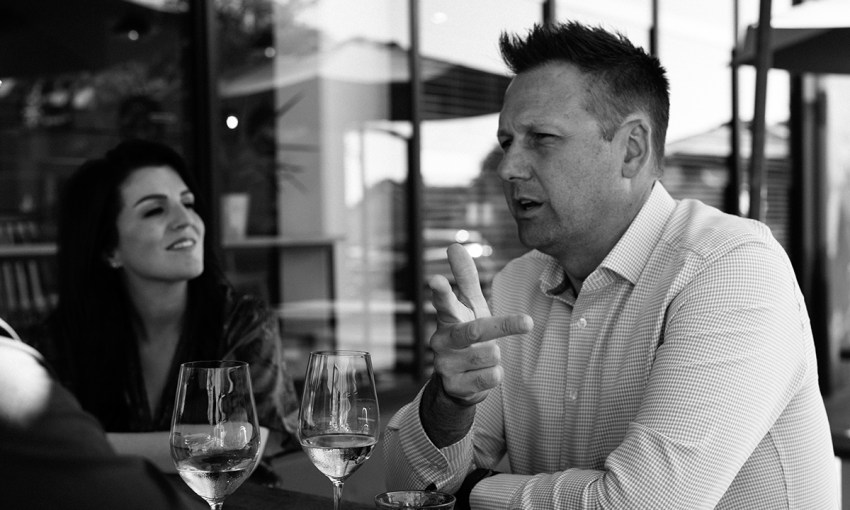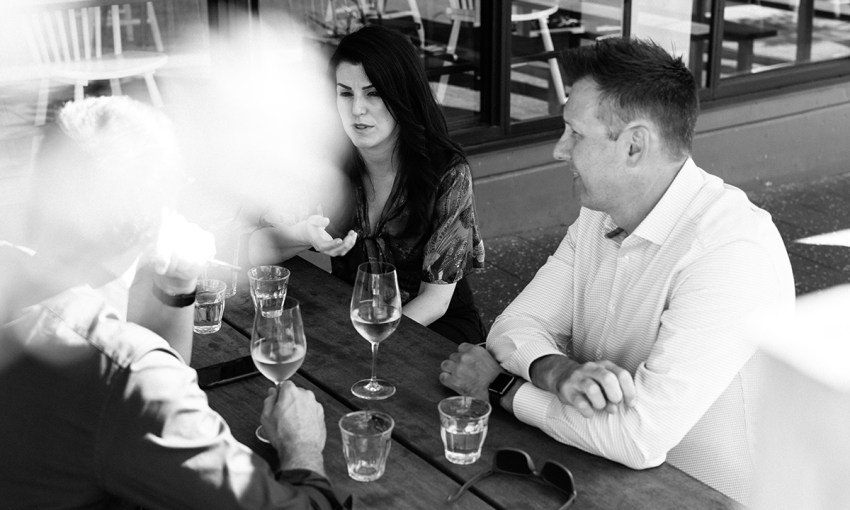We sat down with two top recruiters, one external and one internal, to discuss the simple and less simple ways you can prepare your career to progress.
How do I get a better job?
What do most people get wrong when looking for a job?
Belinda Shadiac: I sometimes think people may be looking for their ultimate dream job or a position that’s reaching too far too soon. I think it’s important to show the groundwork you’ve achieved in being a subject matter expert and really honing your skills at a support level, or middle management level. Sometimes people reach too far and they get disappointed but it’s important to show how you’ve risen up the ranks and learnt things along the way.
Matt Hobby: It’s 100 per cent what Belinda said. Typically speaking, males will apply for jobs they think they can do that are one or two levels above them, whereas what we find more often than not is that females actually don’t do that – particularly in the executive market. They wait until they’ve got all the skills, all the experience – they almost feel like they’re not ready for that next role. So when you’re talking to that group of candidates, what I often say is, ‘The only job I guarantee you won’t get is the job you don’t go for. So have a go’.
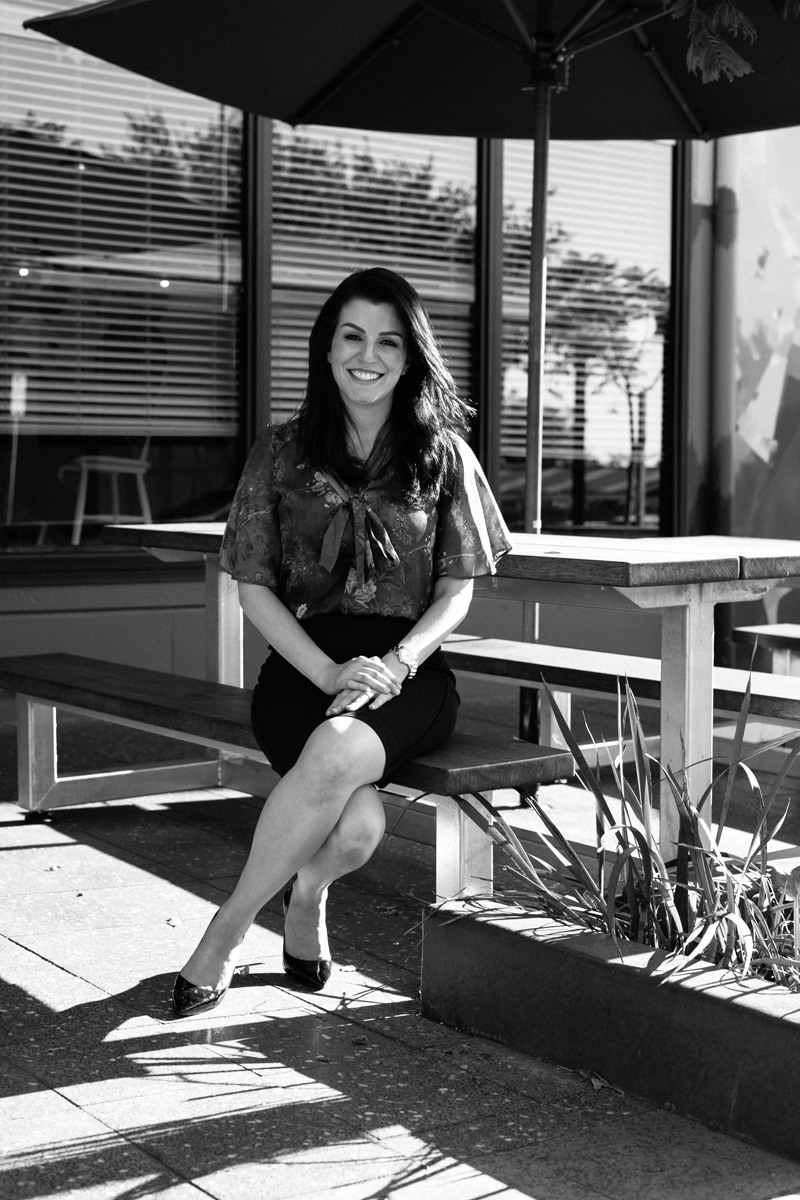
Belinda Shadiac
National recruitment advisor
Australian Broadcasting Corporation
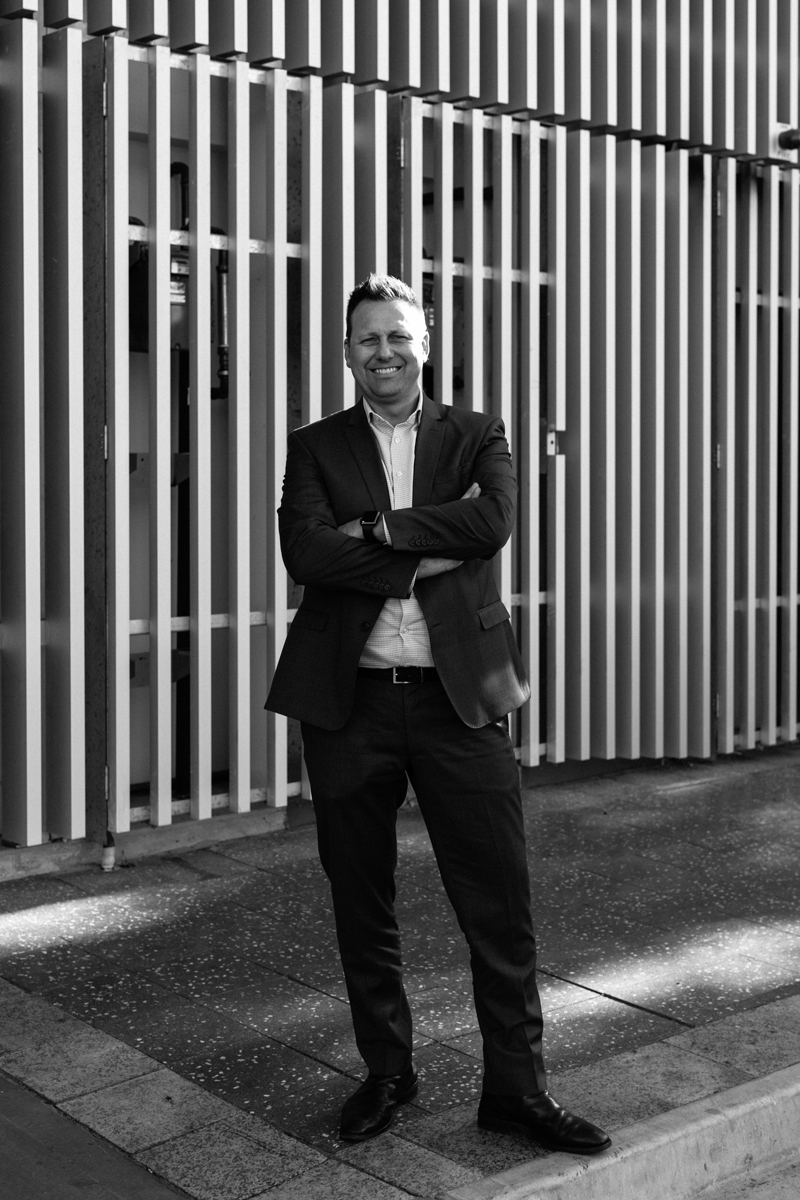
Matt Hobby
Director
Perks People Solutions
What is a good sign I need to find a better job?
BS I think it’s about what drives people. Over the years people are really wanting that work-life balance more than ever. Whatever you’re motivated by – that’s what you should listen to when looking for a new job or staying put.
MH From my perspective, as a man-ager, you notice when people are starting to get bored. When people start to plateau in terms of the amount they’re learning – I think it’s really important that people continue to learn and continue to develop and challenge themselves.
How important is my résumé?
BS It’s crucial but – there is a but. Your résumé shouldn’t just be about what you’ve done, but key achievements. So many people will just list their responsibilities and it almost reads like a PD (position description), you want to be able to breathe life into it and say, ‘This is what I’ve been really good at, this is what I was awarded for’ to give yourself the cutting edge, because the market is competitive and you need to get to the top of the pile.
Does it still have to be brief? Do I bother with a cover letter?
BS It depends what employers are asking for. I always go over the top. I think a cover letter is really good – a one pager, a broad-brush statement about why you’re interested in the role and what you bring to it.
MH One of the things I say is that a résumé never gets a job – people do. But a résumé will get you an interview. Having a professional, articulate résumé – as Belinda described – with all the key achievements, awards etcetera, will help you get a job.
What if I’m not looking for work but want to keep options open?
MH Network. Network. Network.
BS Definitely.
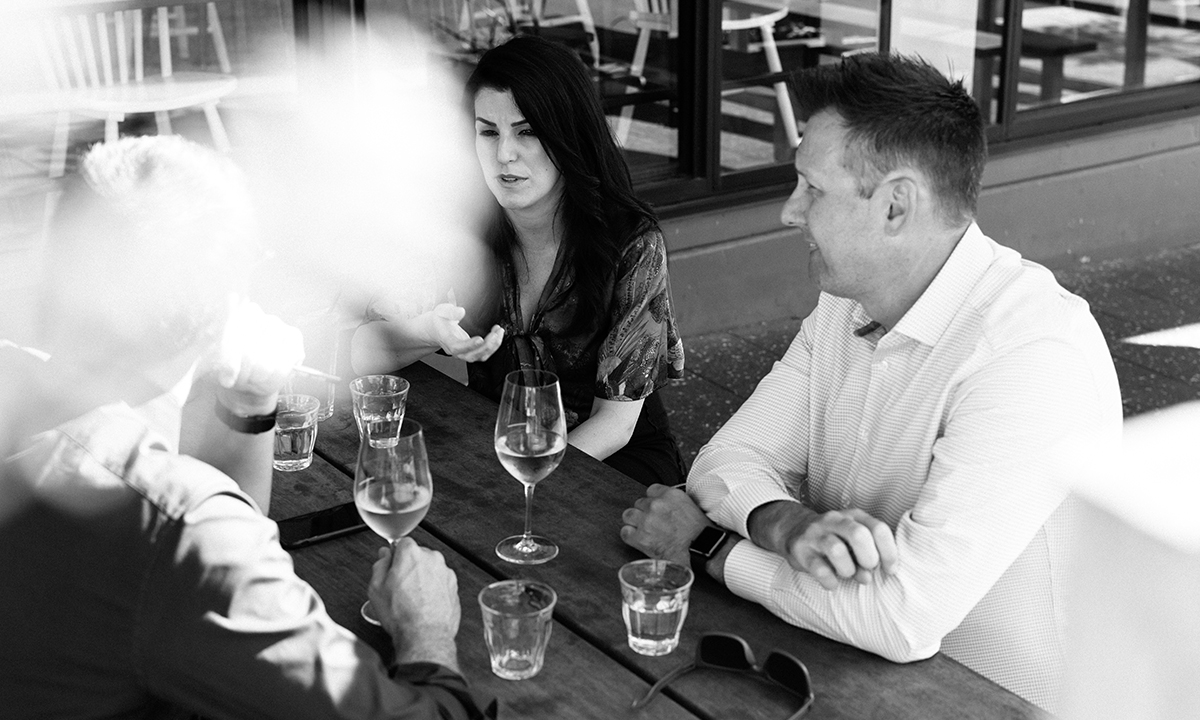


What are employers looking for in a candidate?
BS Definitely attitude. I thought this years ago, when I was working in different recruitment agencies I kind of thought attitude will always trump technical skills but as I’ve gone in-house and worked for a few different employers now I kind of see how some hiring managers can grapple with that. Technical skills are important and in combination with the right attitude – unbeatable.
MH Employers are looking for some-one who comes in that improves their business, who makes their lives easier because they’re a great performer. And that’s because they’ve got the right blend of technical skills, the right background and experience and the attitude to go the extra mile to make the organisation better.
Is it true that interviewees should ask a question of the recruitment panel or is that a misconception?
BS People get really worked up about that and feel like they have to. You don’t always have to – but – it’s probably good to think of something that’s meaningful and appropriate at that point.
MH We want to show a couple of things when we ask questions, namely – that they’ve thought about the job.
BS You might want to ask something like, and I hear it all the time but I still like it, ‘What would success look like in the first six months of this role?’
Is there one thing I should keep front of mind if I want my career to progress?
BS I think it’s about your brand, no matter whether you’re applying for work now or in five years time. You can have a good résumé, you can have a good online presence but people have to know you as a great person and you have to be authentic in your approach. Your brand is really about your consistency across every medium and feels authentic in the flesh. It’s really the most important thing for me.
MH One of the things I get really frustrated by is when people say to me, ‘Oh, I’ve checked out. I’m just collecting the paycheck. I’m not really that interested.’ Guess what? If you’re doing all those things, it’s obvious and you’re also not going to interview well, you’re not going to get the next job.




